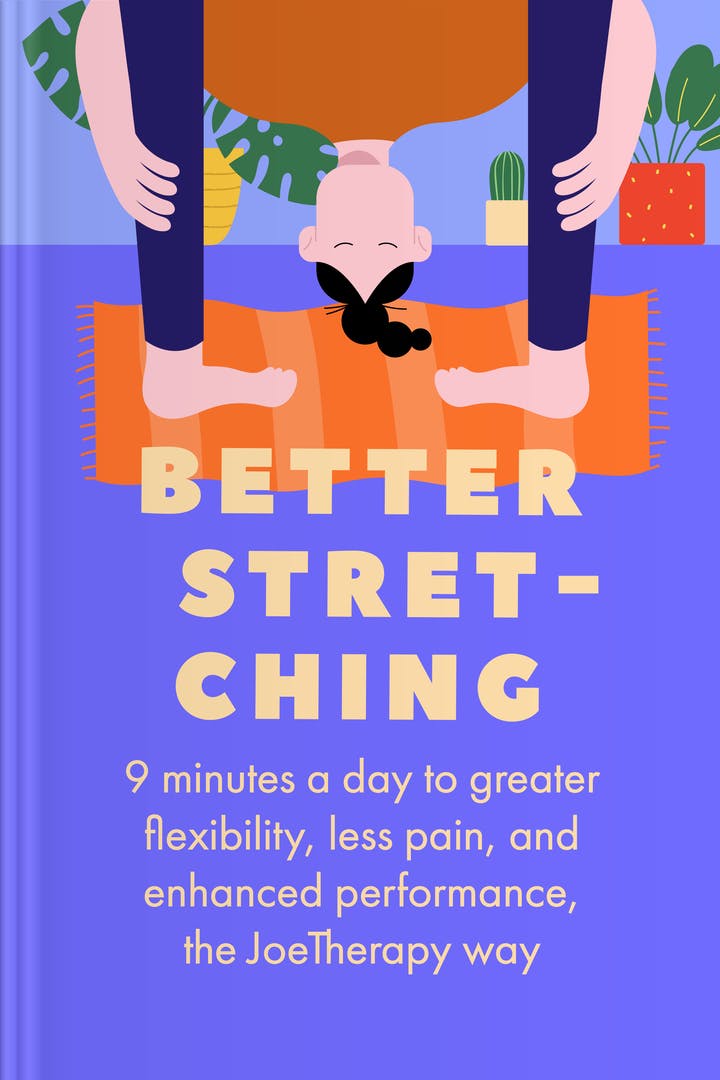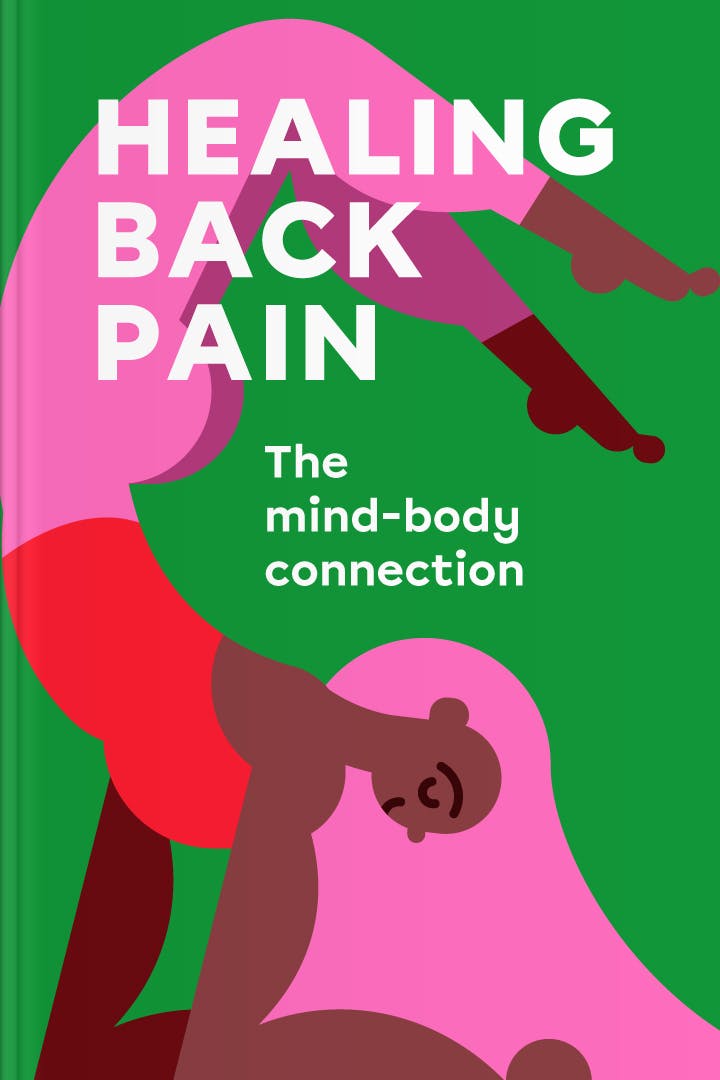What is Better Stretching about?
In this comprehensive guide, Joe Yoon introduces his revolutionary approach to stretching that requires just 9 minutes a day. With a focus on enhancing flexibility, reducing pain, and improving performance, Yoon's JoeTherapy method combines various stretching techniques and principles to provide readers with a practical and effective routine. Whether you're an athlete, fitness enthusiast, or simply looking to improve your overall well-being, "Better Stretching" offers valuable insights and step-by-step instructions to help you achieve your goals.


